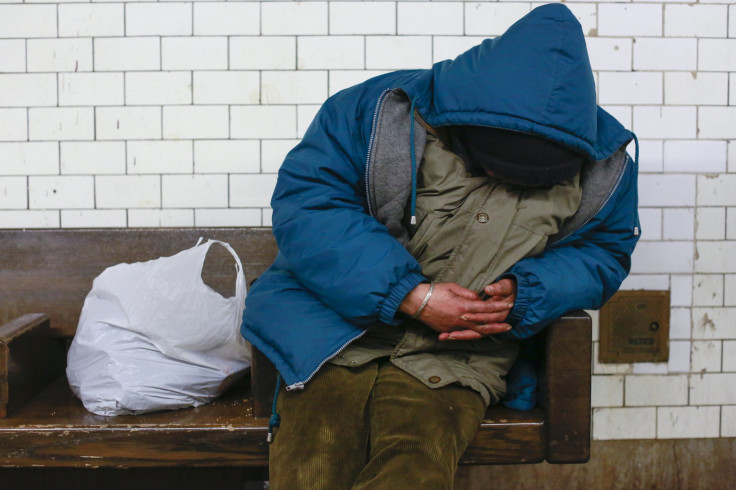Treating Sleep Problems Of Military Officers Can Help To Prevent Mental Disorders

A new literature suggests that sleeping problems among military officers can increase the risk of mental health disorders, including depression and post-traumatic stress disorder, or PTSD. The researchers of the study said that sleeping problems are common in the military, and their study results emphasise the significance of detecting and treating sleeping problems of military personnel to help them prevent mental disorders and other health impairments later in life.
"In the military, the creed is mission first, as it should be, so sleep is often sacrified for operational demands," notes Wendy Troxel, co-author of the report and a behavioral scientist at the RAND Corporation. But she said that sleep is essential for daily functionality, and thus appropriate programmes should be implemented to foster quality sleep. It is of utmost importance to initiate health teaching sessions that can impart the essentiality of sleep, ways in achieving better sleep and indicators signifying health deterioration due to poor sleep, Trondel adds.
The data of the report were collated by surveying approximately 2,000 married officers across all the military service sectors to evaluate how well they sleep. It was found that about one-third of the members sleep less than the required number of sleeping hours for adults. According to the National Sleep Foundation, the recommended number of sleeping hours for adults is seven to nine hours. One-third of the service members reported an average sleep duration of five hours or less. Conversely, about eight percent of the general population reports not getting adequate sleep.
Part of the survey asks the officers whether they encounter sleep problems, including difficulty sleeping, trouble staying asleep and having bad dreams. Half of the officers were found to have these problems, whilst only one-third of the general population experience these problems.
Other findings of the study include: 33 percent of the participants said they experience fatigue at least 3-4 times a week, and 17 percent verbalised that their sleep problems affect their daytime activities. Although officers who are assigned to more combat assignments are likely to get poorer sleep, the difference between them and those who have not been deployed are slim.
Sleep problems are also associated with increased risk of depression, PTSD, decreased functionality and generally poor health. The researchers could not clearly identify whether the mental disorders determined in the study preceded their military membership as the survey was performed at one point in time, Troxel said. In the general population with mental health disorders, the researchers found that focusing on existing sleep problems can help to alleviate both physical and psychological symptoms associated with mental problems.
The results of the study do not necessarily mean that the military members with sleeping problems require intensive treatment, but Troxel said that the earlier the issues are detected, the lessers is the need for more rigorous interventions. The research team recommends the military to develop better monitoring protocols to detect sleep problems and medical guidelines formulated by doctors to identify and treat the disorders appropriately.
The researchers suggested that mobile phone applications may help in this department in terms of preventing the sleeping problems from becoming chronic and debilitating. Additionally, Troxel said while there are guidelines as to the mandated amount of sleep of each military officer, there is minimal guidance in achieving this goal. Education, environmental modification and balancing duty constraints are the key to successful sleeping patterns amongst these service officers.
To contact the writer, email rinadoctor00@gmail.com






